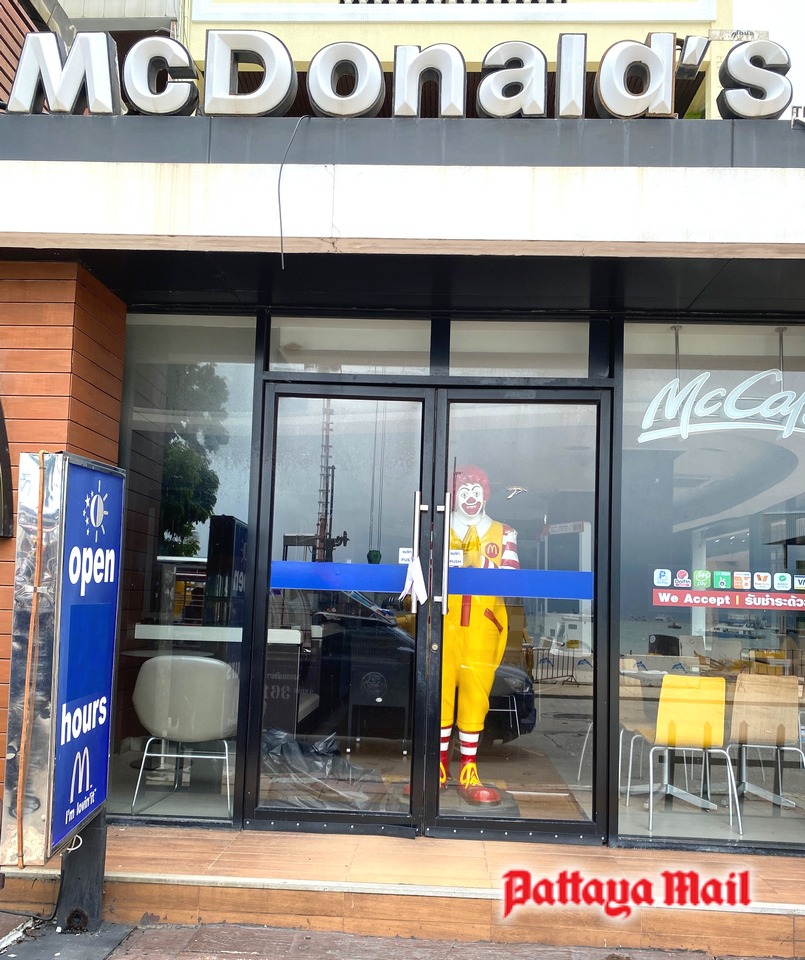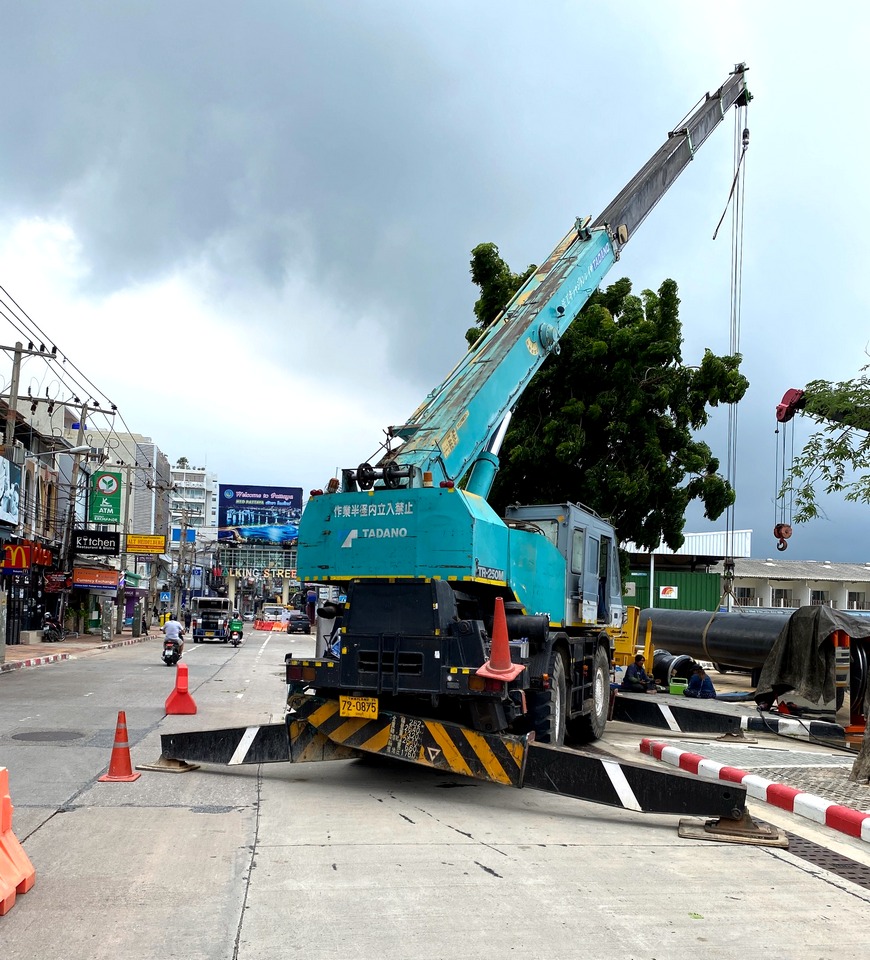
The hope by Thai authorities that the final months of the year will lead to a flood of international Sandbox visitors in tourist-starved Pattaya have been met with a shrug of the shoulders by many business owners. Beach chair concessionaire Dej Anuman said, “We have heard it all before with snowbird flights from Europe and travel bubbles from China, but none of it actually happened.” It’s a common shoulder-shrug response in a depressed city.
The Sandbox initiative, known as Move On Pattaya, enables fully vaccinated tourists from next month to avoid isolation-quarantine on entry, although they must sleep in their chosen hotels and restrict sightseeing to “sealed routes” and government-approved venues and facilities for the first two weeks of their stay. Additional requirements are ongoing Covid health checks and use of a trace and track app to ensure they restrict their mobility.
A spokesman for the Bangkok-based tourist authority stressed that only Thailand in the entire Pacific-rim region is offering tourist vacations. “Vietnam has banned international vacationers altogether. The situation in the Philippines is the same whilst Cambodia, which is more dependent on tourism than Thailand in gross domestic product terms, still restricts entry to business people and family members.” He explained that the uniqueness was Thailand’s best selling point.

Encouraged by the semi-reopening of the economy and a continuing decline in coronavirus cases, the Thai stock market has now reached its highest point for two years. National Security Council Secretary-General Natthapol Nakpanich said that the state of emergency could end this month, with the health department taking over virus policy from the dictatorial Centre for Covid-19 Situation Administration (CCSA).
But significant doubts remain. The Phuket Sandbox attracted almost 30,000 visitors in the last two and a half months, but almost 25 percent of the total were British and American vacationers. They have now been told to avoid red-zone Thailand at their peril and, in the case of Brits, must spend an extra 2,285 pounds on compulsory quarantine once they arrive back in the UK. The next British travel destination revisions are due on September 25.
Moreover, the Phuket Sandbox has attracted some bad publicity. The admission rules continually moved goalposts and many promises, such as being able to drink alcohol with meals, were broken because of increasing virus infections on the island. There was huge international publicity after German tourist Stefanie Korenyi was forced into strict quarantine because she was sat next to a flight passenger who tested positive for the virus.
There is currently much speculation about the possibility of ending the bureaucratic certificate of entry which must be obtained by all travellers to Thailand from their local Thai embassy or consulate. But its abolition does not mean that holidaymakers would revert to hopping on a plane armed only with their passport. The embassies would continue to be responsible for longer tourist and non-immigrant visas, whilst 30/45 days visa-free travellers will presumably need a double vaccination certificate and – probably – Covid health insurance.
In other words, a reduction in the role of embassies could well mean long delays at Thai airports as officers plough through the voluminous paperwork. Meanwhile, the government has announced that from October 1 any visitors to high-risk venues such as barber shops, massage parlours and even malls will need to sign in with a government-approved app. Nor is there any sign at present that alcohol may be bought and consumed in any restaurant, bar or club. Not to mention the overnight curfew which now starts at 10 pm, rather than 9 pm, if you need to use a bus or a train.
Greg Watkins, who heads a UK travel consortium based in Manchester, said, “There is a pent up market in the UK for Thailand in general and Pattaya in particular. But what we are looking for is a simple entry system requiring only a double vaccination certificate and not a huge bureaucracy with a stack of documents. We also need to know how tourists will enjoy themselves apart from sitting on the beach. You can’t sell Pattaya in Britain by promising escorted visits to temples and parks in the first two weeks.” Can’t argue with that.
 |
 |
 |





